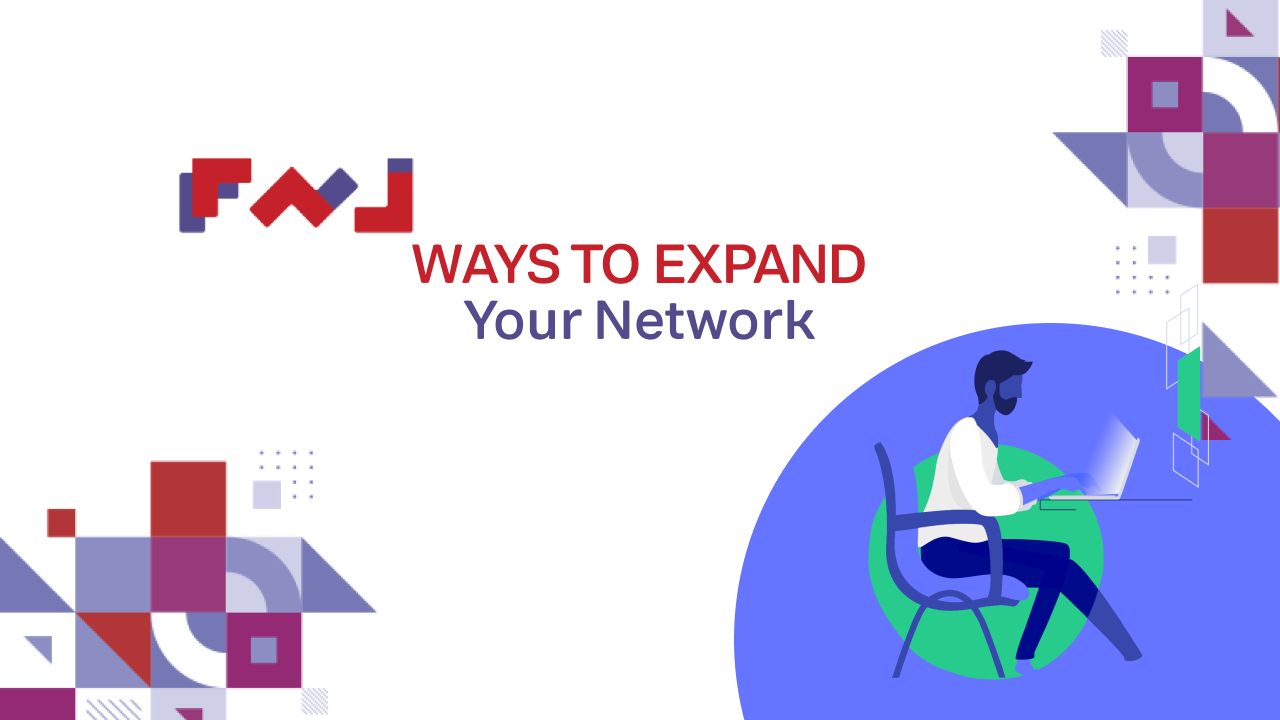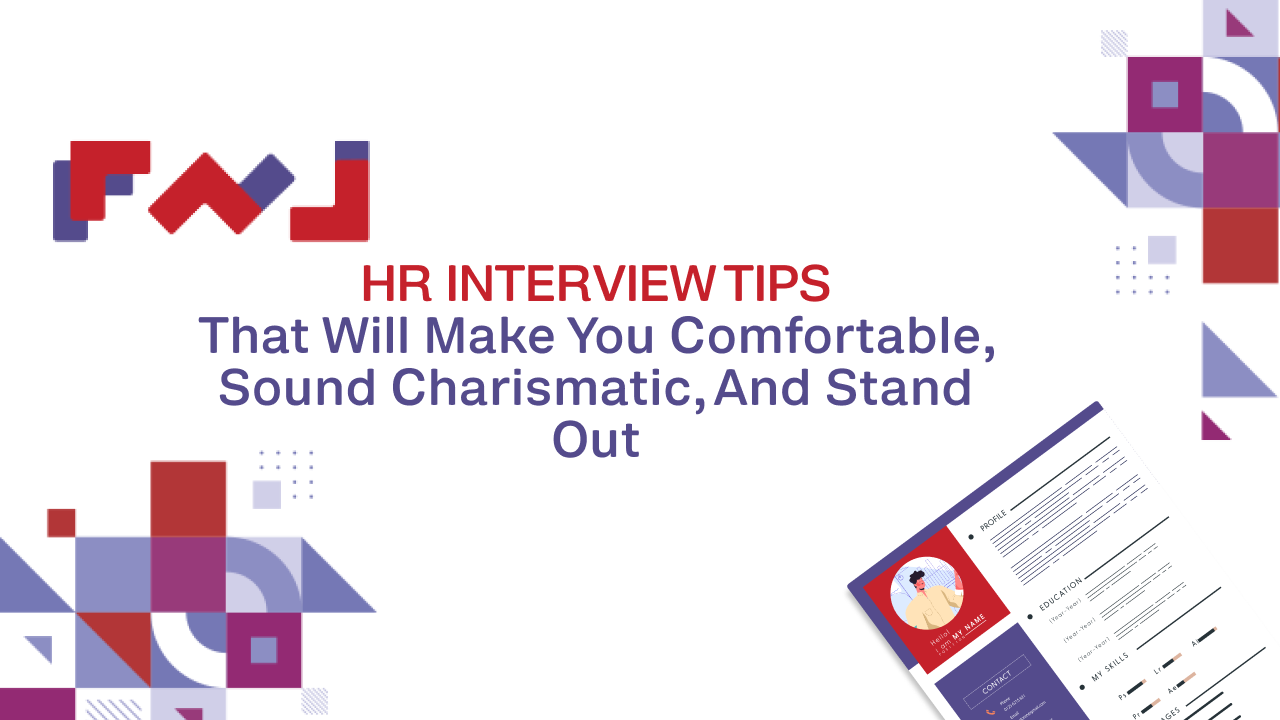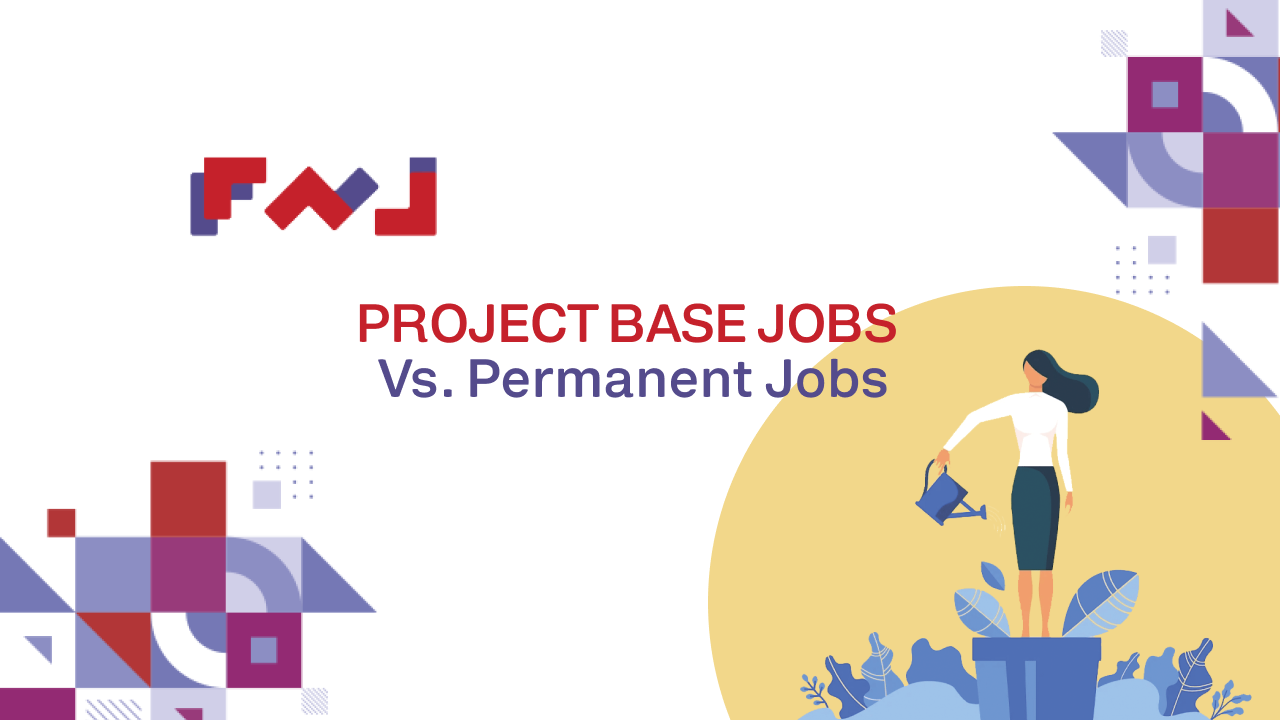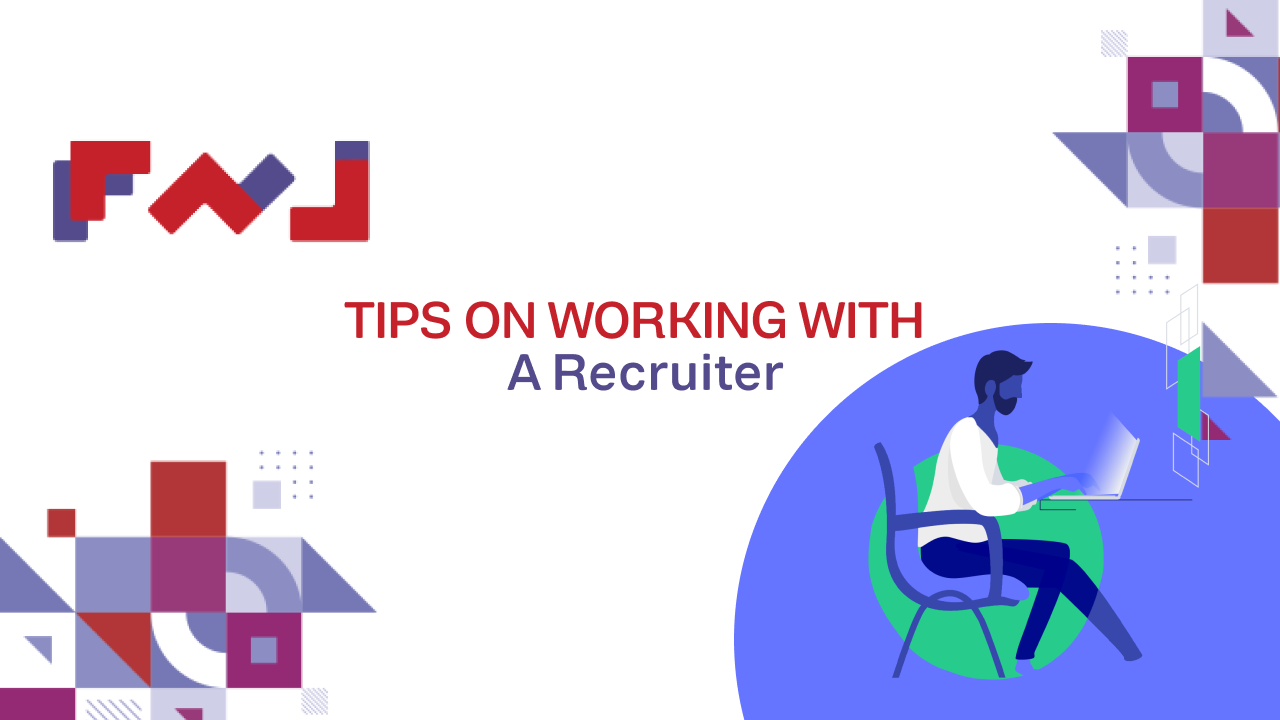Without a lengthy introduction or explanation about the importance of your personal professional brand, we`re sharing tips from various sources and our own experience.
Let’s go:
❌
- A photo where you’re not alone (e.g., with a friend/partner, etc.).
- A photo from a party/club.
- A full-body photo (it’s important that your face and eyes are visible).
- A “ready for anything” photo (no matter how beautiful your figure is, it’s better to cover it up for a professional network 😉).
- A low-quality photo (blurry, dark, stretched, etc.).
- A photo where you look very different from real life (I removed my 5-year-old photo and replaced it with a more recent one, considering my love for changing hairstyles 🙃).
It’s best to choose a headshot (looking straight or slightly turned) against a simple background that’s not overly detailed.
If you manage professional pages on Facebook, Instagram, or Telegram, it’s better to use the same photo across all profiles to increase the recognition of your personal brand.
More on profile setup in the next posts.











